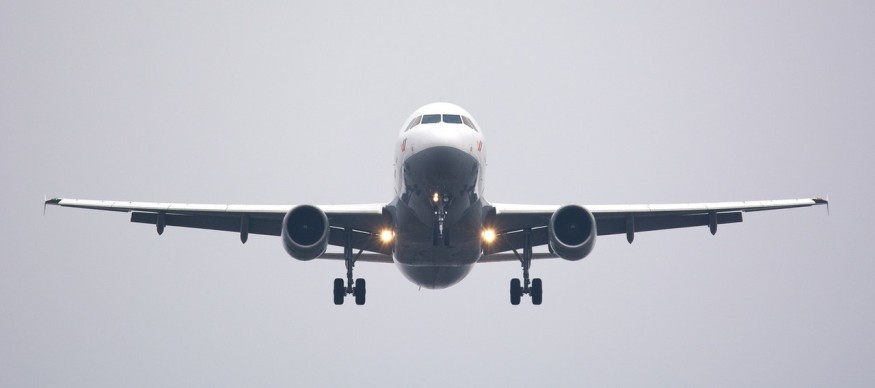
Moving abroad is a major step for most people, and it's certainly a scary one. No matter what the reason to move abroad, the logistics behind should certainly be rehearsed and reviewed, from researching about the country to the need to transfer money, as to make the transition as turbulence free as possible.
Hence, we'll give you an easy guide to make the transfer as stress-free as possible.
Gather Your Documents
One of the initial steps is to review your documents and its limit of expiry. Check whether your password is valid or not, or if it hasn't expired. You also need to get the Visa permit of the visiting country. If both the passport and visa are expired or need re-validation, or if the passport is set to expire within 6 months of traveling to the new country, it's important to renew them in your current country, as the process could be difficult abroad (even if possible). Plus, many countries have the 6-month passport validity rule, meaning your passport should not expire within six months of moving
Also, be sure to have your Identification card on you, as well as your driving license. Try to get an international driving permit before moving to the new country. This will make traveling there easier.
Review Your Budget and Finances
Before moving, check the tax and financial rules of the new country, to avoid any confusion. Moving to the new country doesn't exempt you from paying taxes for your home country. To avoid double taxation, apply for Foreign Tax Credit.
Also calculate how much you can spend initially in the new country, as initial expenditure would be more. Open a bank account as soon as you can in the country now hosting you, making the transfer of funds possible from your old bank accounts.
Research about the New Country
Know about the country you're shifting to. Try to learn about their customs, or tradition, as to make interaction with the locals easier. Learn about rules you may be unaware. Try to find a place to stay or purchase/rent a house beforehand, if possible, or at least search and research for it. If you're moving your family, including children, try to find good schools for your children, as well as the location of hospitals and other important institutes, and also learn about the host countries health policies.
Packing and Shipping
Be aware of which things to keep and which things to buy in your country. Research whether it's cheaper to ship your car, or buy a new one in the host country. Consider your cost and budget, and decide whether you want your goods to be transported through air or sea.
Try to pack light if possible. Anything, that can be bought cheaply there, do not ship that item. If it's within your budget plan, try to sell your stuff in your country, to buy new ones in the host country, in hopes of a fresh start. Make sure that permanent moves should be items that are essential for you (such as documents etc.) or have sentimental value.
Once You've Moved
Prepare yourself for a cultural shock. Besides this, organize your essentials such as banking and other documentation that need to be verified as soon as possible. Check the validity of your work permit, or residency, purchase a new phone carrier, get to know your surroundings and be sure to interact with the locals.
Overall, transferring to a new country can be a scary process. Though you might have to face difficulties, following these steps would make the transition an easy one. Be sure to meet all of your loved ones before leaving, and say proper goodbyes!
This article is copyrighted by Travelers Today, the travel news leader



